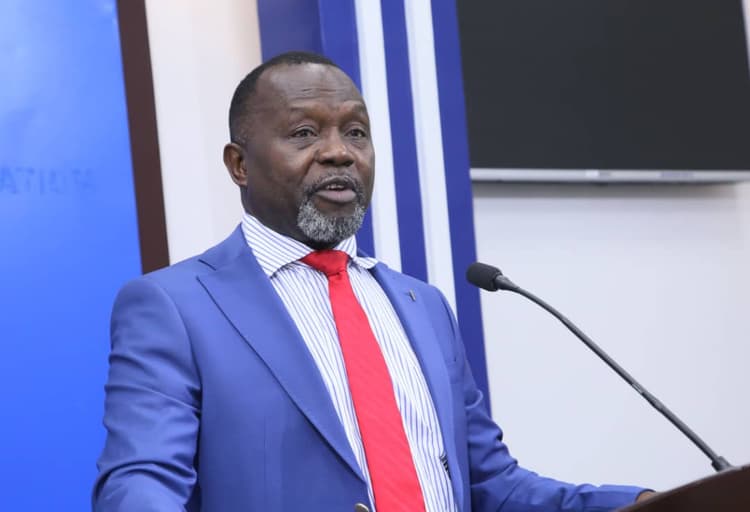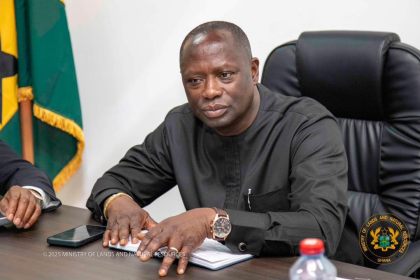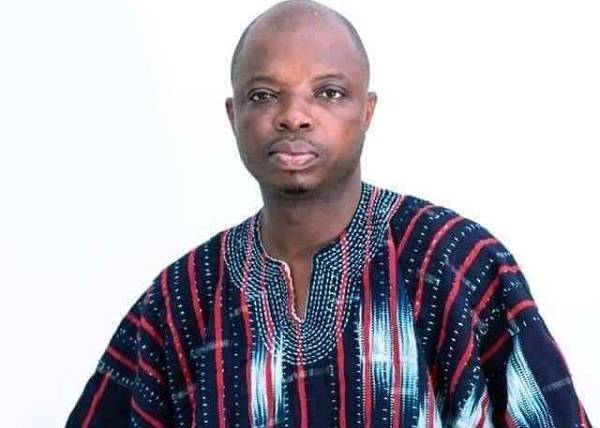The Ghana Bar Association (GBA) on Monday forcefully rejected allegations by Attorney General and Minister for Justice Dr. Dominic Ayine, who accused the professional body of selective advocacy and partisan alignment in high-profile judicial matters.
Speaking at the opening of the GBA’s Annual General Conference on Sept. 15, Dr. Ayine criticized the Association’s public silence during the removals of former Commission on Human Rights and Administrative Justice (CHRAJ) Commissioner Lauretta Lamptey in 2015 and former Electoral Commission Chair Charlotte Osei in 2018. He contrasted that silence with the GBA’s recent vocal stance following the removal of former Chief Justice Gertrude Torkornoo, suggesting a shift that, in his view, smacks of political favoritism.
“These were all Article 146 proceedings,” Dr. Ayine said, referring to the constitutional provision governing the removal of certain public officials. “The Bar's engagement appears inconsistent — it intervenes in one case and remains quiet in others. That raises serious questions.”
In a sharp rebuttal, the GBA dismissed the Attorney General’s claims as unfounded and misrepresentative of its position.
“We respectfully disagree with him,” said Saviour Kudze, the Association’s Public Relations Officer. Mr.Kudze pointed out that in all referenced cases, including several removals of superior court judges, the proceedings proceeded in the absence of formal regulations — a systemic issue the Bar is now seeking to address.
“The lack of regulations under Article 146 isn’t new,” Kudze said. “What we are advocating today is not politically motivated — it’s a call for institutional consistency and maturity.”
He rejected the notion that past inaction invalidates the Bar’s current stance. “The fact that a decision wasn’t made yesterday doesn’t mean it shouldn’t be made today. That’s how institutions evolve,” Kudze added.
The GBA maintains that its recent interventions are grounded in principles of constitutional governance and due process, not partisan allegiance. It is currently pushing for the establishment of clear legal frameworks to guide Article 146 procedures, a move it says is long overdue.
The dispute highlights rising tensions between Ghana’s legal and political spheres, particularly over the independence of judicial oversight and the Bar’s role in safeguarding democratic norms.













